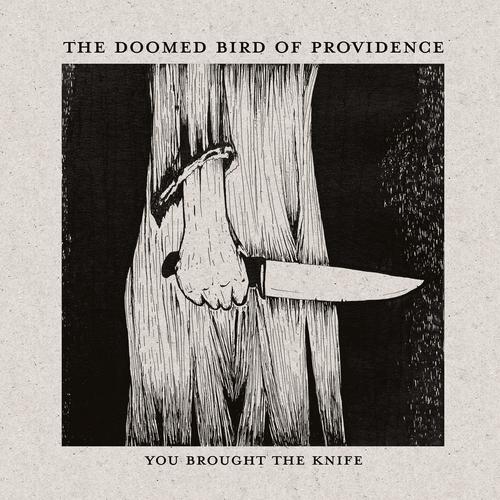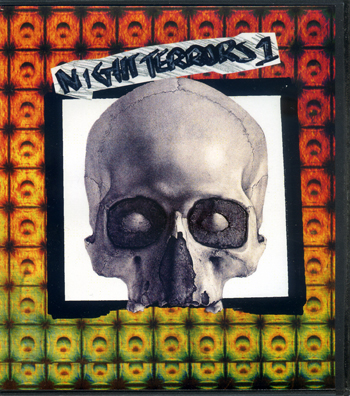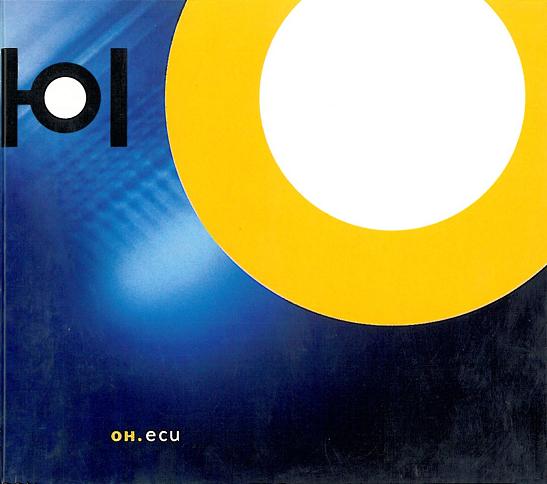 I remember first listening to Tindersticks‘ extraordinary Marbles EP on the strength of a Melody Maker review back in 1993, and falling love with their slightly shambling but immensely textured and moving songs.
I remember first listening to Tindersticks‘ extraordinary Marbles EP on the strength of a Melody Maker review back in 1993, and falling love with their slightly shambling but immensely textured and moving songs.
It was that egalitarian spirit and musical autonomy that inspired me, as well as thousands of others, and drew us into that shadowy but humorous world that smacked of a little Lee Hazlewood, a bit of Lou Reed and a lot of some gradually disappearing English sensibility. But as ever, all good things must come to an end and after about twelve years and ten or so albums, the band took a hiatus.
Having lost some members and gained others in their place, the band returned in 2008 and have been recording and releasing ever since. Although change is always necessary in the story of a group, it felt as if the band was becoming more of a vehicle for Stuart Staples and had less of the democratic feel of old. Anyway, what with soundtracks and live work as well as studio, No Treasure But Hope has to be something like album number twenty-five, and although it has some lovely songs, I can’t avoid feeling a sense of disappointment; but that is what happens if you hold something a little too close.
The speedy recording process has not dulled their ability to tug at the heartstrings though, and pianist Dan McKinna (who shares the piano duties with Dave Boulter as well as being string arranger) really does play well. The opener, the waltz-like “For The Beauty” is beautifully played, but doesn’t seem to quite suit Stuart’s voice. For me, his voice needs something a little more ramshackle with the subtly crafted and sweeping strings seeing somehow to overshadow him. Dave’s vibraphone on “The Amputees” is a whole other thing though, moving with the ease of a summer’s afternoon and interacting with Neil Fraser‘s cheeky electric guitar as Stuart intones “We are the amputees, cut off at our knees, something’s tickling at our feet”. The sadness of the lyric is suffused in the glow of the backing, and the proficiency of the band really does shine through as well as the locale managing to infuse a certain space and muted colour into the proceedings.
Stuart has done a great job with the production, and I love the way his melancholy voice sits well with the stately piano on “Carousel”, the empty room lit by candles glowing with the memory of the carousel and the times that it evokes. This is possibly the best vocal performance on the album, as at other points I can’t help feeling it is becoming ever so slightly a parody of itself. The Riviera shines in the sunlight of “Take Care In Your Dreams”, the vibes again imbuing some movement, that familiar shuffle with some shadowy and rather lovely backing vocals.
I barely noticed the rhythm section running through the album until penultimate track “Tough Love”, which gives Earl Harvin an opportunity to stand out, but here Stuart’s voice tries a little too hard and the band perhaps gives him just a little too much space. By the time final track, the introverted “No Treasure But Hope” arrives, the rest of the band has gone and it is just Stuart with Dan on piano. It sounds lovely, but seems an odd one to end a Tindersticks album with.
I don’t know if I am just being churlish, but for all the new-found grace — there is even a genuine love song on here — I feel as though something is missing, and I wonder where this will eventually lead. Most Tindersticks’ fans will love it, and there is plenty here to enjoy; good lyrics, great musicianship, a few upbeat moments as well as the odd bit of gloom, but No Treasure But Hope just kind of pales a little in the resonance of some of the older stuff.-Mr Olivetti-



